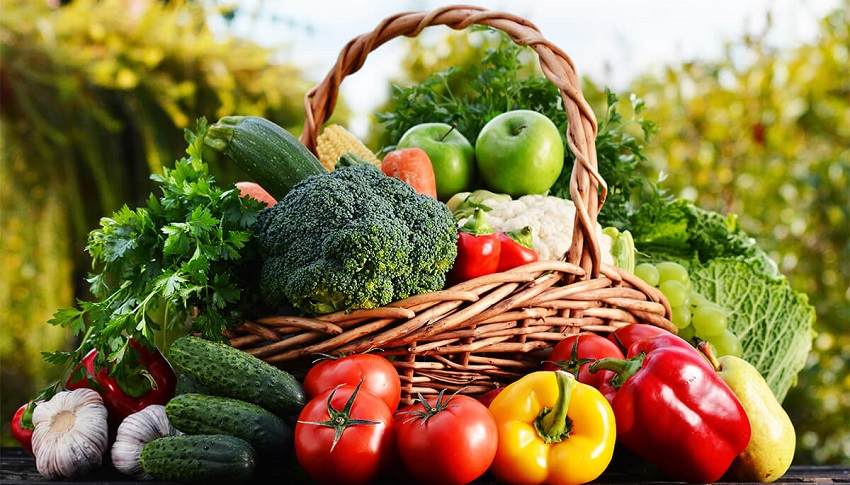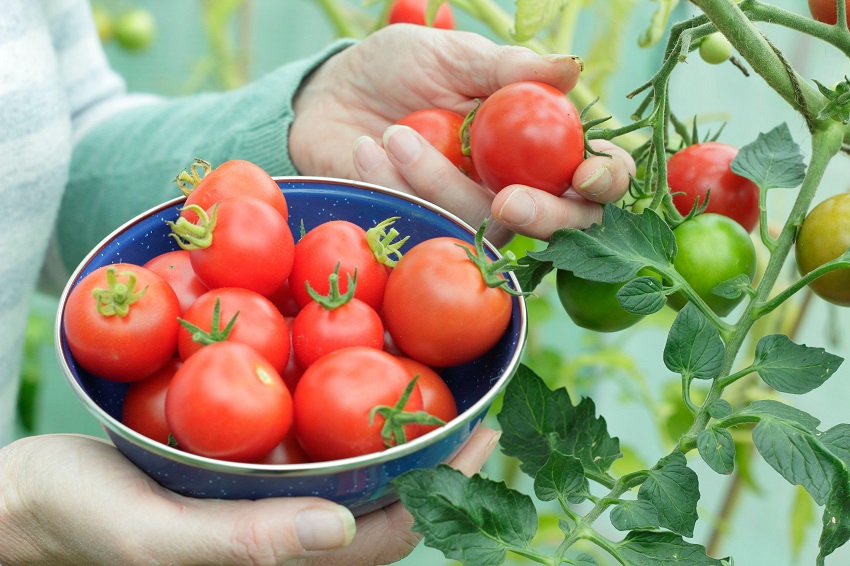
24 Jul What Vegetables Are High in Phytonutrients?
If you’re looking to improve your health through a nutrient-rich diet, phytonutrients are something you should definitely consider. These natural compounds are found in plants and have been associated with various health benefits. In this article, we’ll explore some of the vegetables that are particularly high in phytonutrients and how they can contribute to your well-being. The article is submitted by improvelifehere.com
Introduction to Phytonutrients
Before we delve into the vegetables, let’s understand what phytonutrients are. Phytonutrients, also known as phytochemicals, are organic compounds found in plants. They are responsible for giving plants their vibrant colors and distinctive smells. In addition to being visually appealing, these compounds serve as a defense mechanism for plants, protecting them from various threats like insects and diseases. When we consume these plants, we can also benefit from the protective properties of phytonutrients. Discover the phytonutrients fruits and vegetables.
The Benefits of Phytonutrients
Phytonutrients offer a wide range of health benefits, and research has shown that they can have a positive impact on our well-being. Some of the key benefits include:
1. Antioxidant Properties
Many phytonutrients are powerful antioxidants that help neutralize harmful free radicals in our bodies. By doing so, they protect our cells from damage and reduce the risk of chronic diseases like cancer and cardiovascular problems.
2. Anti-Inflammatory Effects
Inflammation is a natural response of our immune system, but chronic inflammation can lead to various health issues. Phytonutrients have anti-inflammatory properties that can help regulate inflammation and promote better overall health.
3. Immune System Support
Certain phytonutrients can enhance our immune system’s function, making us more resilient to infections and illnesses.
4. Hormone Regulation
Some phytonutrients have hormone-modulating effects, which can help balance hormone levels in the body.
5. Detoxification
Phytonutrients can support the body’s natural detoxification processes, aiding in the elimination of harmful substances.
Vegetables High in Phytonutrients
Now that we’ve established the importance of phytonutrients, let’s take a closer look at some vegetables that are rich in these beneficial compounds:
Kale
Kale is a nutrient powerhouse and is known for its exceptional phytonutrient content. It is a rich source of carotenoids, flavonoids, and glucosinolates, all of which contribute to its health-boosting properties.
Broccoli
Broccoli is part of the cruciferous vegetable family and contains high levels of sulforaphane, a potent phytonutrient known for its anti-cancer properties.
Spinach
Popeye’s favorite vegetable, spinach, is packed with phytonutrients like lutein and zeaxanthin, which promote healthy vision and have antioxidant functions.
Beets
Beets are vibrant in color due to their high content of betalains, which possess anti-inflammatory and detoxifying qualities.
Red Bell Peppers
These colorful peppers are abundant in carotenoids like beta-carotene, lycopene, and lutein, providing various health benefits.
Tomatoes
Tomatoes are an excellent source of lycopene, a carotenoid associated with a reduced risk of heart disease and certain cancers.
Carrots
Carrots contain beta-carotene, which not only gives them their bright orange color but also supports healthy skin and vision.
Garlic
Garlic contains allicin, a potent phytonutrient known for its anti-bacterial and immune-boosting properties.
Onions
Onions are rich in quercetin, a flavonoid with antioxidant and anti-inflammatory effects.
Sweet Potatoes
Sweet potatoes are loaded with beta-carotene, making them a great choice for supporting immune health.
Cabbage
Cabbage is another cruciferous vegetable with a high concentration of phytonutrients, including sulforaphane.
Artichokes
Artichokes are a good source of silymarin, a phytonutrient that supports liver health.
Asparagus
Asparagus contains a diverse range of phytonutrients, including quercetin and rutin, offering various health advantages.
Brussels Sprouts
Brussels sprouts are rich in antioxidants and also provide a healthy dose of fiber.
Pumpkin
Pumpkin is packed with carotenoids, vitamins, and minerals, making it a nutrient-dense choice.
Conclusion
Incorporating vegetables high in phytonutrients into your daily diet can be an excellent way to support your overall health. These plant-based compounds offer a plethora of benefits, ranging from antioxidant and anti-inflammatory effects to immune system support and hormone regulation. By enjoying a colorful array of vegetables regularly, you can harness the power of phytonutrients and take a proactive step towards a healthier lifestyle.
FAQs
Q1: How can I ensure I get enough phytonutrients in my diet?
A1: To ensure you get enough phytonutrients, aim to eat a variety of colorful fruits and vegetables daily. Each color represents different types of phytonutrients, so the more diverse your choices, the better.
Q2: Can cooking vegetables affect their phytonutrient content?
A2: Yes, some cooking methods can lead to a loss of phytonutrients. To preserve the most nutrients, consider steaming or lightly sautéing your vegetables.
Q3: Are there any vegetables I should avoid if I have specific health conditions?
A3: While vegetables are generally healthy, some may interact with certain medications or exacerbate specific health conditions. It’s best to consult with a healthcare professional or a registered dietitian for personalized advice.
Q4: Can I take phytonutrient supplements instead of eating vegetables?
A4: While supplements can be beneficial in some cases, it’s always better to obtain nutrients from whole foods like vegetables. Whole foods provide a synergistic blend of nutrients that supplements may not replicate.
Q5: Can children benefit from phytonutrients?
A5: Absolutely! Phytonutrients are essential for people of all ages, including children. Encourage your kids to eat a variety of colorful fruits and vegetables to support their growth and development.


No Comments